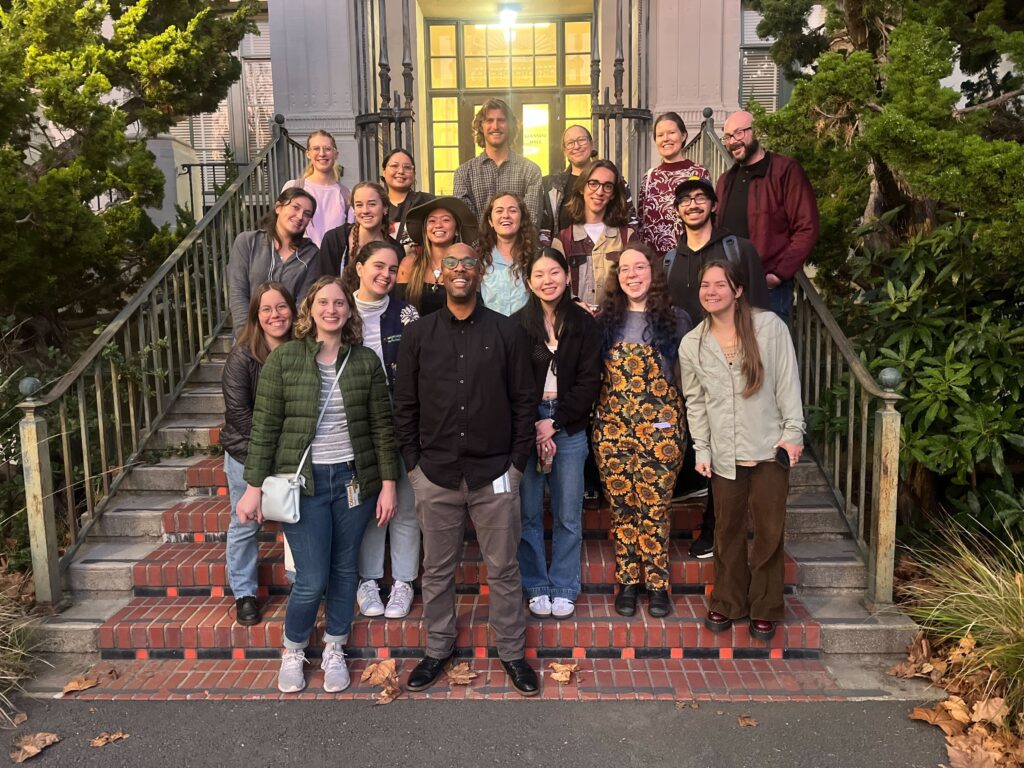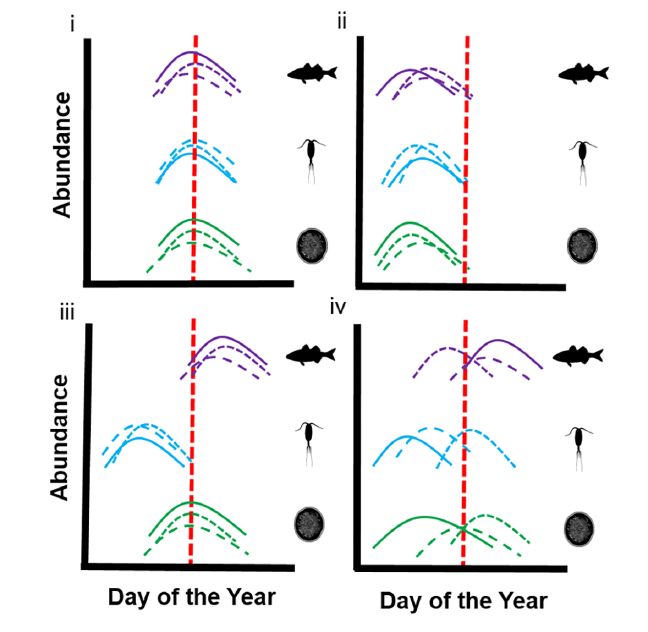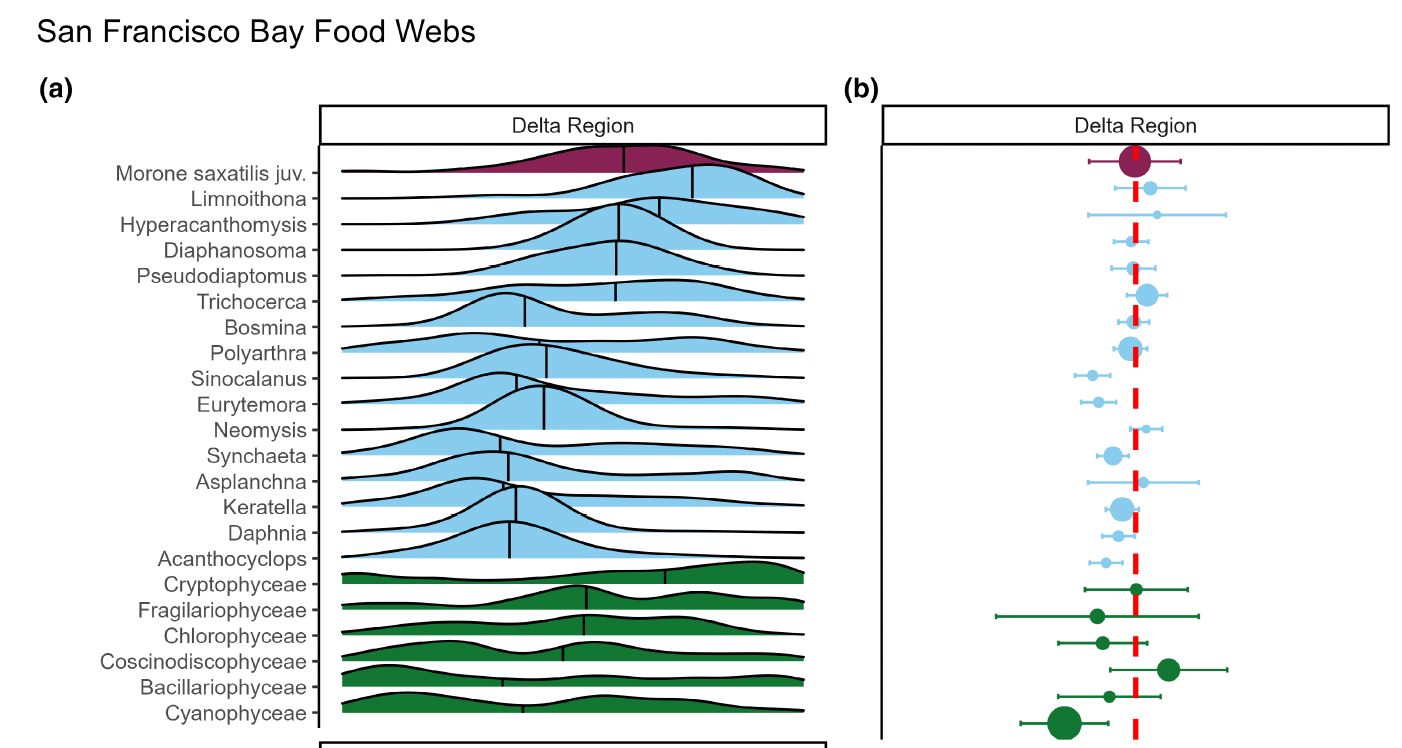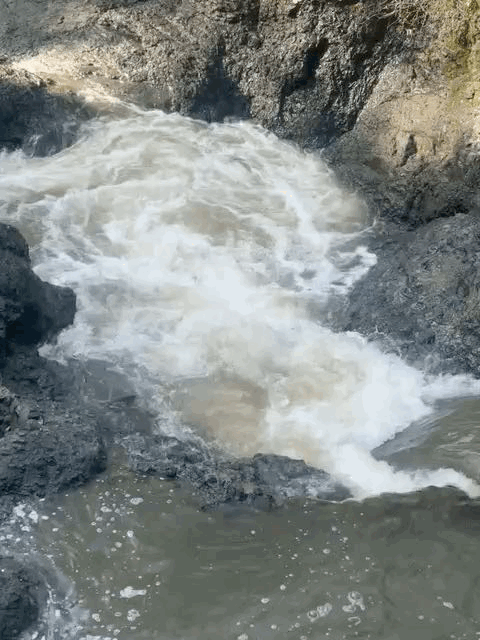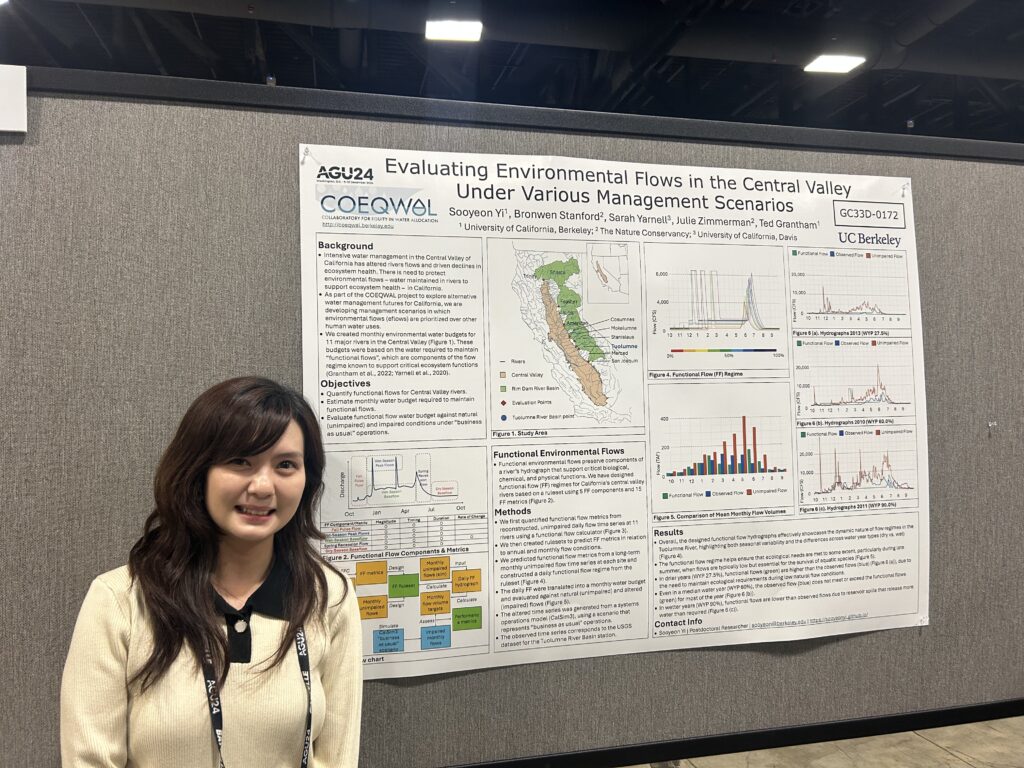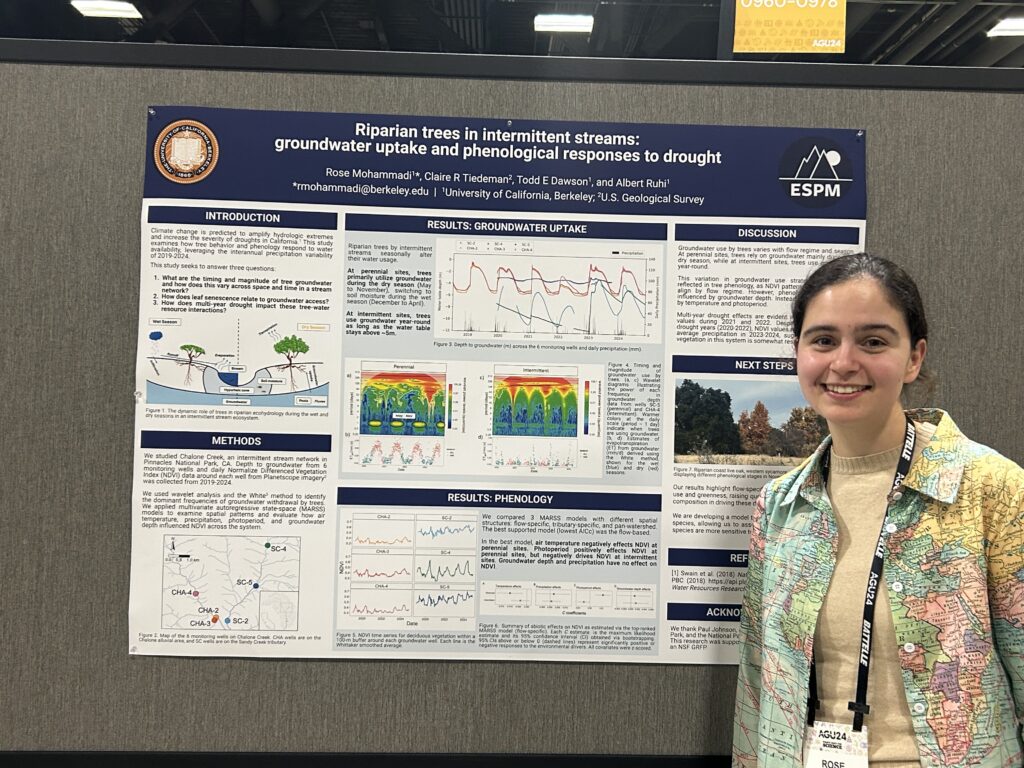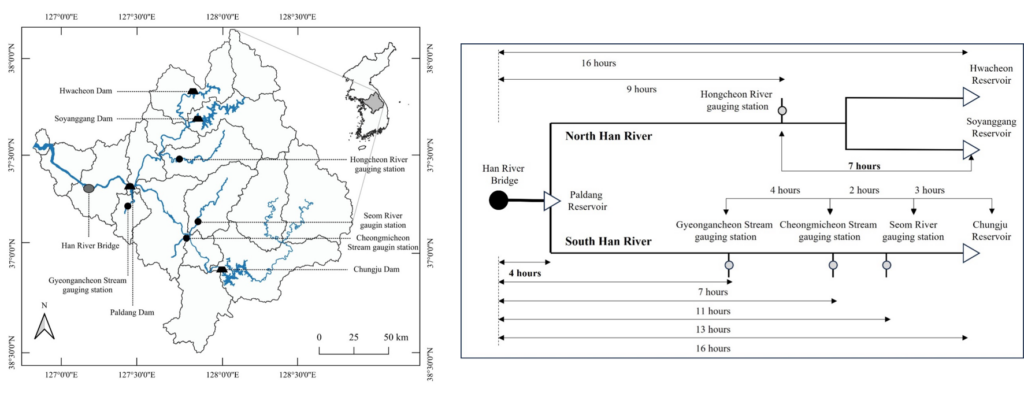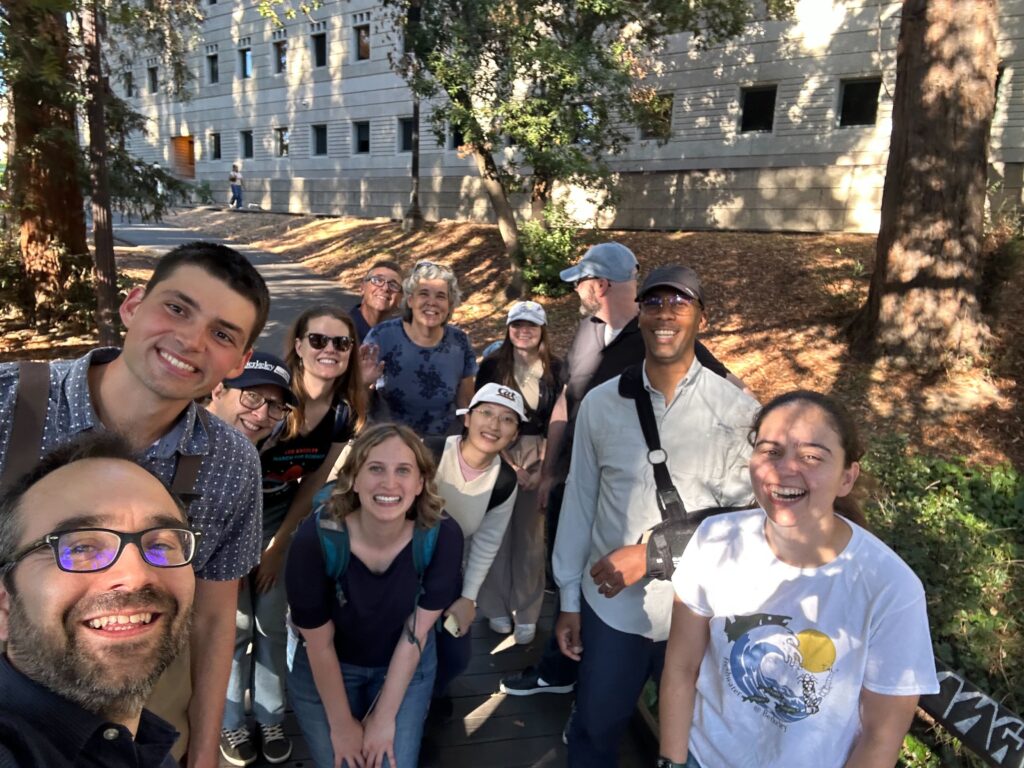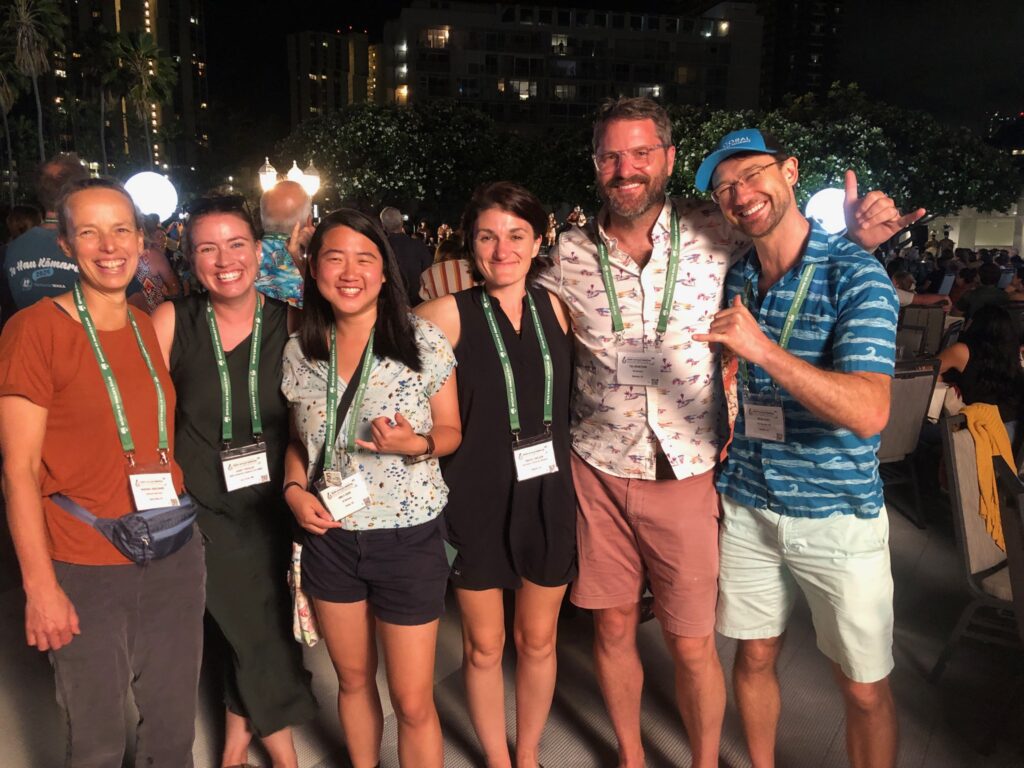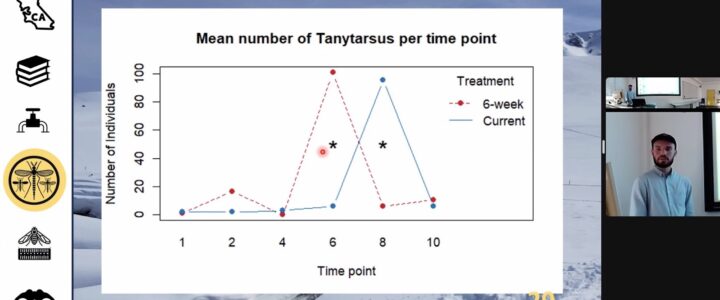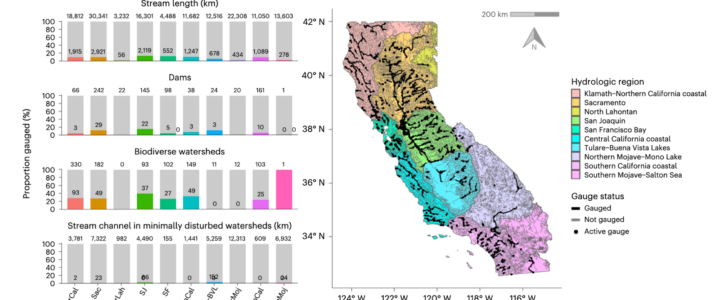Congratulations to Ruhi Lab manager Kendall Archie on his new position as a Masters student at California State Polytechnic University, Humboldt. Kendall will be advised by Alison O’Dowd and is joining a project that seeks to understand the food web responses associated with the Trinity River. Kendall is bringing his benthic macroinvertebrate expertise up north and will examine salmonid food resources and diet. Thank you for being a fantastic lab manager and we wish you the best in your graduate studies!
